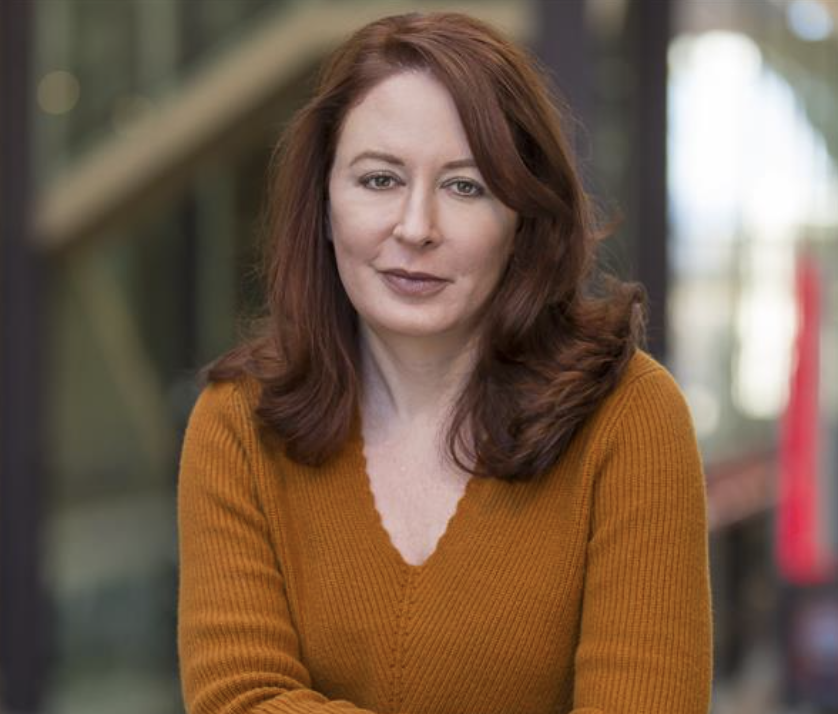Rachel Davis, MD featured on an episode of BBC Radio show 'Phantoms in the Brain'
Emily Roberts Dec 14, 2022
The episode explores how cutting edge treatment offered at CU Anschutz via collaboration between psychiatry and neurosurgery (Dr. Steven Ojemann) is creating new possibilities for the treatment of psychiatric disorders—specifically Obsessive Compulsive Disorder (OCD).
The topic is explored through the story of Moksha, a doctor at CU Anschutz and a patient of Dr. Davis, who suffered from OCD so debilitating and treatment-resistant that he would drive 50 miles a day—to home and back—just to avoid using the public restrooms at work.
Upon meeting Moksha, seeing his profound suffering, and knowing that he’d already seen many doctors and had tried over a dozen medications, Dr. Davis offered Moksha a new, more advanced treatment option: Deep Brain Stimulation (DBS).
DBS involves a stereotactic neurosurgical procedure to place electrodes in both sides of the brain in structures known as the Anterior Limb of the Internal Capsule (AIC). The areas that are specifically targeted within or nearby the AIC are the Ventral Capsule/Ventral Striatum (VC/VS) and Bed Nucleus of the Stria Terminalis (BNST). The electrodes are connected to extension wires and pulse generators (similar to pacemakers) in the individual's chest wall. After surgery, the patient works with a psychiatrist with expertise in DBS programming to find the stimulation settings that provide optimal relief of symptoms with minimal side effects.
Tired of feeling like a “prisoner to [his] thoughts,” and desperate for relief, Moksha decided to try DBS. He knew that 50-70% of patients who undergo the procedure benefit and was willing to give it a try.
After the surgery and the required recovery period, Moksha’s electrode stimulation started. It starting working pretty quickly. His OCD symptoms started to become less disruptive, and his mood improved.
Now, a year after his surgery, Moksha still notices OCD, anxiety and depression symptoms, but he isn’t controlled by them. He uses the bathroom at work several times a day—as often as he needs.
Moksha closes the episode by saying, “My story is one example of how very real biological and electrical stimuli can change these mental illnesses.”